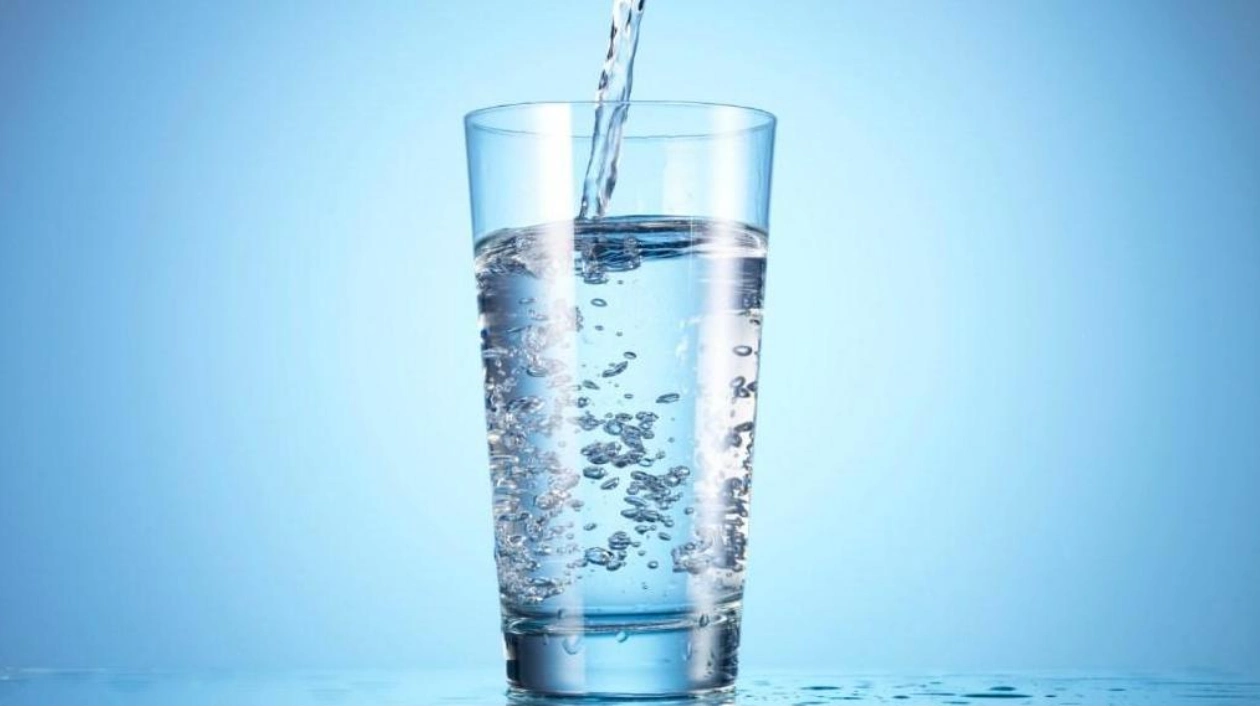The EPA is set to investigate carcinogens in tap water, as reported by Science News on November 16, 1974. Evidence suggests that even clean drinking water in certain areas may harbor carcinogenic compounds. Many of these compounds contain chlorine, and some scientists believe that chlorine, used to purify water, may react with organic substances not fully removed during filtration, creating hazardous substances.
These findings spurred the enactment of the Safe Drinking Water Act, which empowered the U.S. Environmental Protection Agency to establish minimum standards for contaminant levels (SN: 3/29/75, p. 208). Although chlorine remains essential for eradicating waterborne pathogens, the EPA now regulates its by-products, such as trihalomethanes and haloacetic acids, due to their long-term cancer risk. The agency is now focusing on lead and PFAS, also known as 'forever chemicals,' which have been associated with various health issues (SN: 11/29/22). Recently, the EPA has set standards for PFAS and mandated the replacement of most lead pipe service lines within a decade.
Source link: https://www.sciencenews.org






